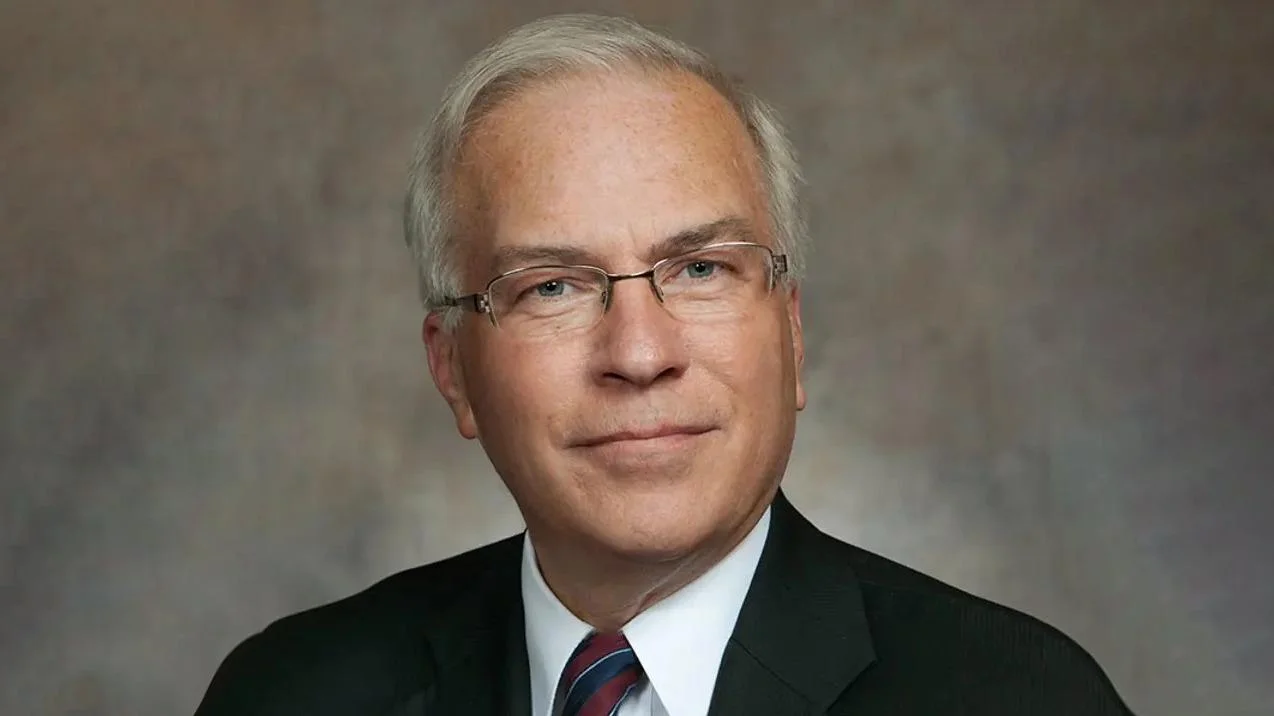Stephen Nass, Wisconsin State Senator for 11th District | Official website
Stephen Nass, Wisconsin State Senator for 11th District | Official website
According to the Wisconsin State Legislature's official website, the bill was described as follows: "the per pupil adjustment for school district revenue limits. (FE)".
The following is our breakdown, based on the actual bill text, and may include interpretation to clarify its provisions.
In essence, this bill amends the statutes related to school district revenue limits by eliminating the $325 per pupil adjustment in the revenue limit formula starting with the 2027-28 school year. Previously, school districts could increase their revenue per pupil each year by this adjustment, but the bill mandates no such increase from that school year onwards, effectively maintaining the revenue limits at the previous year's level. The changes apply to individual school districts and those that are consolidated. The bill takes effect on Jan. 1, 2027.
The bill was co-authored by Rep. Dave Maxey (Republican-83rd District), Sen. Julian Bradley (Republican-28th District), Sen. Rachael Cabral-Guevara (Republican-19th District), Sen. Rob Hutton (Republican-5th District), and Sen. John Jagler (Republican-13th District). It was co-sponsored by Rep. Scott Allen (Republican-82nd District), Rep. Elijah R. Behnke (Republican-6th District), and Rep. Lindee Rae Brill (Republican-27th District), along with 21 other co-sponsors.
Steve L. Nass has co-authored or authored another 104 bills since the beginning of the 2025 session, with five of them being enacted.
Nass graduated from the University of Wisconsin-Whitewater in 1978 with a BS.
Nass, a Republican, was elected to the Wisconsin State Senate in 2015 to represent the state's 11th Senate district, replacing previous state senator Neal Kedzie.
In Wisconsin, the legislative process starts when a senator, constituent, group, or agency proposes an idea for a bill. After drafting, the bill is introduced, numbered, and referred to a committee for review and public input. If approved, it moves through three readings and votes in both the Senate and Assembly. Once both chambers pass the same version, the bill goes to the governor, who can sign it, veto it, or let it become law without a signature. Only a small share of bills introduced each session ultimately become law. You can learn more about the Wisconsin legislative process here.
| Bill Number | Date Introduced | Short Description |
|---|---|---|
| SB389 | 08/11/2025 | The per pupil adjustment for school district revenue limits. (FE) |
| SB376 | 07/16/2025 | A tax credit for employer-provided child care. (FE) |
| SB365 | 07/09/2025 | Fleet registration of certain motor vehicles. (FE) |
| SB364 | 06/27/2025 | The regulation of family and group child care centers. (FE) |
| SB357 | 06/27/2025 | Establishing English as the official state language, use of artificial intelligence or other machine-assisted translation tools in lieu of appointing English language interpreters, and use of English for governmental oral and written communication and for nongovernmental purposes. (FE) |
| SB312 | 06/04/2025 | Changing an individual’s sex on a birth certificate |
| SB311 | 06/04/2025 | Prohibiting funding for health services for unlawfully present individuals. (FE) |
| SB304 | 06/02/2025 | Hours for voting by absentee ballot in person at the office of the municipal clerk or an alternate site. (FE) |
| SB277 | 05/21/2025 | The expiration of administrative rules. (FE) |
| SB270 | 05/20/2025 | The right of appeal for complainants aggrieved by decisions of the Elections Commission concerning the conduct of election officials |
| SB262 | 05/20/2025 | Assisted living facility referral agencies and providing a penalty |
| SB237 | 05/09/2025 | A sales and use tax exemption for equipment associated with the use of a search and rescue dog. (FE) |


 Alerts Sign-up
Alerts Sign-up